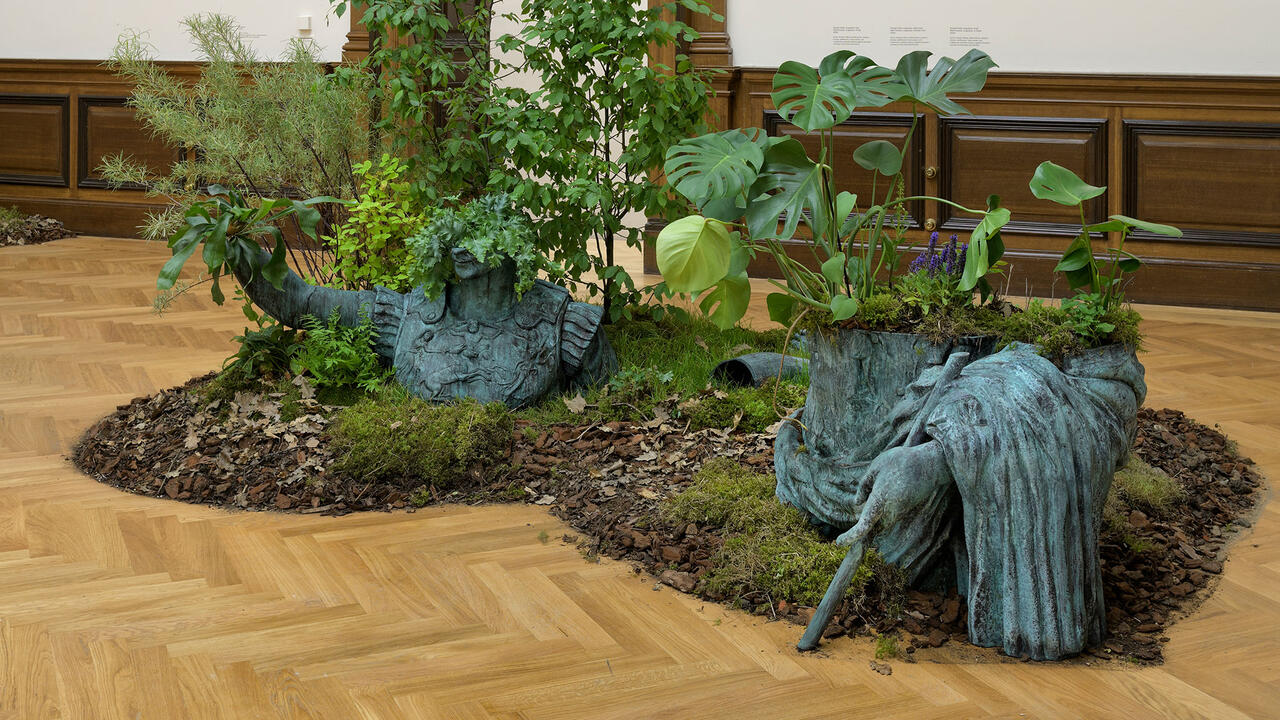Carlos Motta

‘Democracy,’ wrote Jacques Rancière, is ‘the power peculiar to those who have no more entitlements to govern than to submit.’ In other words, democracy’s claim to power is based on the grounds of equality, rather than divine law, military might or economic strength. For Rancière, this is something of a paradox: a form of governance that is founded on its own lack of foundation. But this is the heart of the matter. Democracy, according to Rancière, must be understood as the practice of subjects re-asserting their equality when it has been denied – what he calls a ‘counting of the uncounted’ – a social scenario in which new voices can be heard. This doesn’t necessarily involve limitless tolerance of, or openness to, others. Instead, it requires a special kind of relationship in which the other is already present, and actions for which we are not directly compensated. To practice democracy then, there can be no preconceived sense of one’s due, no special privileges or demands for qualification. In democracy, we are all amateurs; which is to say, we are lovers.
Perhaps Colombian artist Carlos Motta had this in mind when he titled his first survey exhibition ‘For Democracy There Must Be Love’. At the very least, counting of uncounted was a dominant theme throughout the show, particularly for the works gathered in Röda Sten’s main cathedral gallery. Among them, ‘Nefandus Trilogy’ (2013–14) is a series of videos that address relationships between colonization and homosexuality, speculating on indigenous homoeroticism in the Americas, about which little is known. Motta’s interest in creating counter-histories that inscribe what has been overwritten, forgotten or violently suppressed, was evident here – and overtly reflected in a nearby work, Towards Homoerotic Historiography (2013), a series of 20 gold-washed replicas of pre-Columbian homoerotic artefacts housed in a quasi-museological display. Similar in approach, but more sentimentally charged, is the photographic triptych, My Dearly Beloved R. [Monument to Alexander von Humboldt] (2013), which features a love letter written by the Prussian geographer to his secret lover, a soldier named Reinhardt von Haeften. In it, Humboldt writes: ‘My love for you is not just friendship, or brotherly love: it is veneration, child-like gratefulness, and devotion to your will as my most exalted law.’
Other forms of obedience and (civil) disobedience appeared elsewhere in the show, as did problems associated with naming, and the limits of explicit political speech. Six Acts: An Experiment in Narrative Justice (2010), documents re-enactments of historical speeches staged by the arist in public spaces throughout Bogotá during the lead-up to the 2010 presidential election. During one performance, a group of elderly citizens gather around the actor and plead for her to help them, at which point Motta steps in to explain that, sadly, this is only an artwork.
In this light, perhaps the most compelling part of the show was the installation We Who Feel Differently (2012). Visually resembling a kind of LGBTI and queer learning-centre – complete with rainbow carpeting, computers, posters and reference books – including several monitors featuring thematically arranged videos of Motta’s interviews with LGBTI activists in countries including Colombia, Korea, Norway and the US. Issues raised range from problematizing identity-based politics and the gay-marriage debate, to the drawbacks of legalistic approaches and the professionalization of activism; one monitor was devoted to ACT UP and the AIDS crisis. As a kind of oral history of forms of collective struggle, dissent and political antagonism, We Who Feel Differently lends much-needed perspective in an inclusive, consensus-driven country like Sweden, where in recent years ‘queer’ – in contrast to the rapidly growing influence of right-wing political parties – has emerged as a powerful cultural norm. The questions Motta raises around alterity, efficacy and reform resonated loudly inside the konstall’s rough interior. As one interviewee aptly put it: ‘This world resists artistic voyeurism.’
















